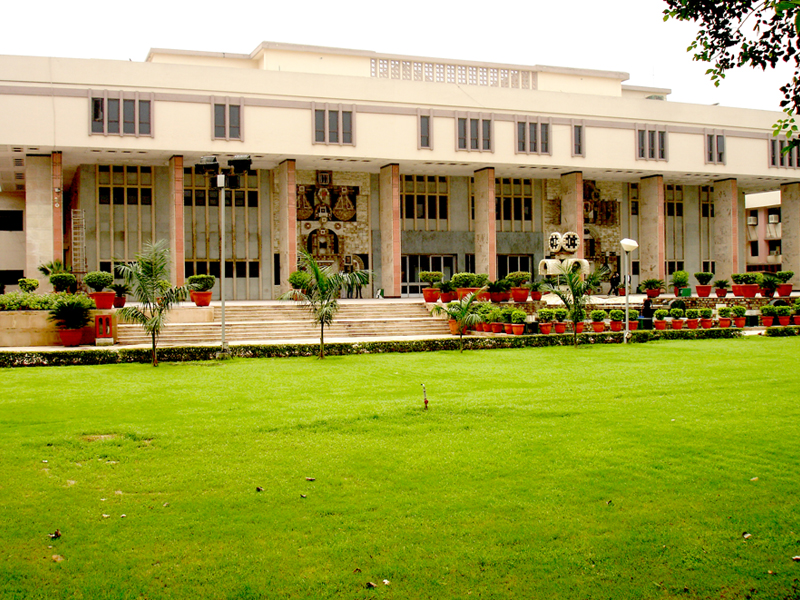Jahanvi Agarwal
Recently, the Delhi High Court stated that safeguarding the basic right of an accused to adequate legal representation cannot result in inefficient hearings or a lack of opportunity for the prosecution, highlighting the need for a fair trial.
The bench consisted of Justice Swarana Kanta Sharma who stated that:
“Prosecuting offenders to the full extent as law describes is a delicate task and cannot be performed without being awarded effective opportunity to prosecute and assist the Court to ensure smooth functioning of criminal justice system.”
The court further stated that a prosecution witness who diverged from the responses given during the cross-examination and became hostile possessed the right to be questioned.
According to Justice Sharma, it is the responsibility of the court to make sure that the prosecutor is not arbitrarily denied the chance to exercise a legal privilege.
The court stated that:
“This duty of the Court assumes even greater significance when the witness turns hostile during cross-examination that occurs after a significant lapse of time.”
It was further explained by the court that although the accused has the right to be presumed innocent until proven guilty and his attorney has the right to represent him, the State has an “equal right” to defend its case and prove the accused guilty by successfully presenting the case and supporting evidence before the court through the prosecutors.
The court held that it cannot be disregarded because a public prosecutor’s role includes the additional “onerous duty” of presenting the court with all the evidence gathered by the investigative agency in order to aid it in making a reasonable conclusion.
The Court further stated that:
“The duty of a Judge is to ensure justice in its purest form which connotes that justice should be done after evaluating, without fear or favour, the material on record and the testimonies of the witnesses and if the accused is found guilty, punishing him and giving relief and justice to the complainant. The myth generally is that by doing so, the judge is doing justice only to the complainant whereas in reality, the Judge is performing a higher. duty of not only giving justice to the complainant before that particular criminal Court, but also to the State by ensuring that the offender is punished so that the public can be safeguarded from his further criminal actions, if any.”
According to Justice Sharma. the right of an accused to a fair trial must be balanced with the rights of the State, the complainant, and the prosecutor.
The court stated that:
“To sum up, the right of the prosecution, and the State to be heard, therefore, has to be given same weightage, importance and sanctity lest the fair trial is vitiated. The State comes before the Court with a duty to place on record all available legal evidences, facts and present its case with legitimate persuasive strength and fairness. It is not for a prosecutor to function as if he has to win or lose, but efficiently perform his duties with a sense of dignity and justness in the judicial adjudicatory process.”
The court made a remark that it considered a plea submitted by a guy who had previously been found guilty of crimes under sections 326 and 324 of the Indian Penal Code. He received a three-year term of solitary confinement on April 13, 2009.
The man was given a three-year term of rigorous imprisonment, and the court upheld his conviction despite the fact that he had already been in detention for roughly one year and five months. Justice Sharma only increased his jail term to the time already served.
The Court was of the opinion that:
“In this Court’s opinion, the appellant has already faced agony of going through the criminal trial for about 15 years including the period of pendency of this appeal.”
Case Name: Antosh v. State
Diary Number: 415/2009
Bench: Justice Swarana Kanta Sharma
Click here to Access the Order.

